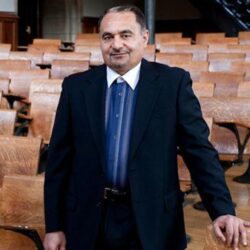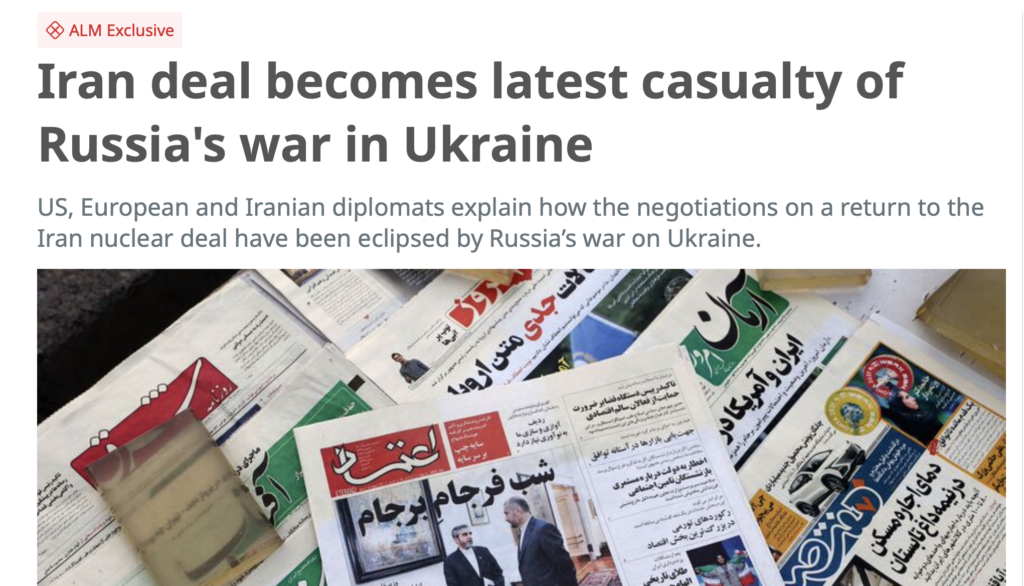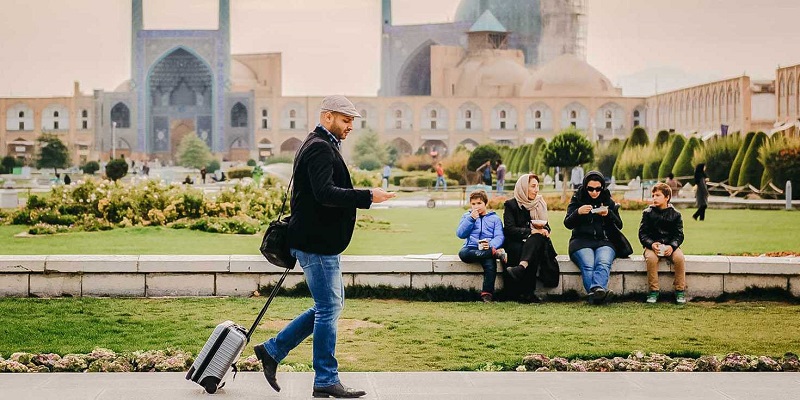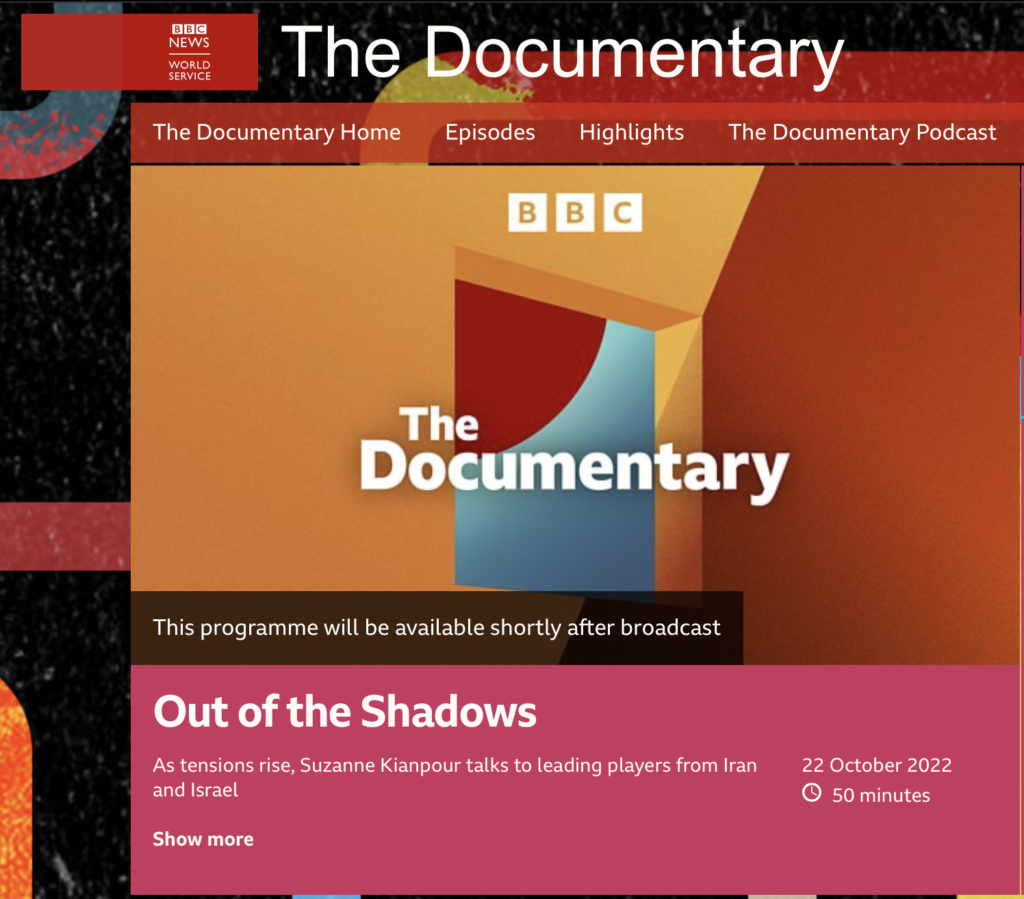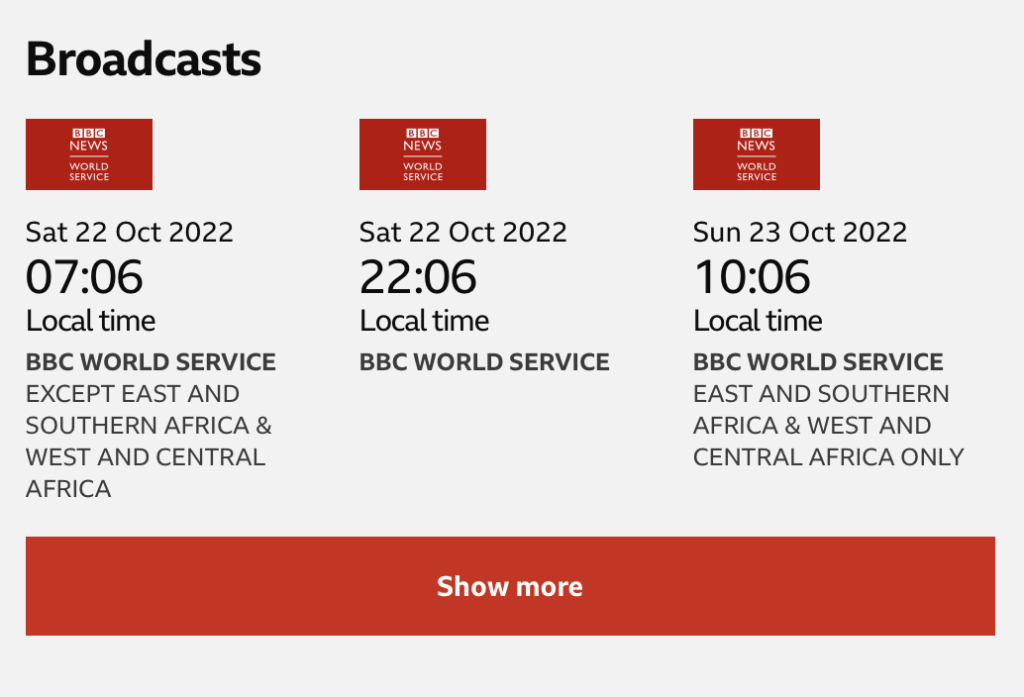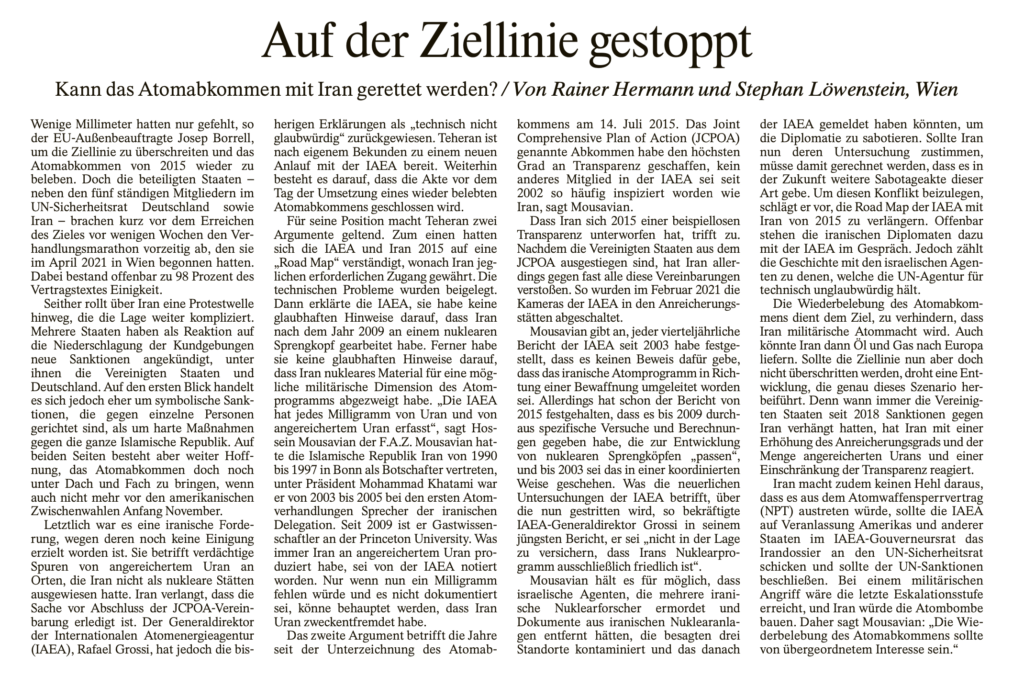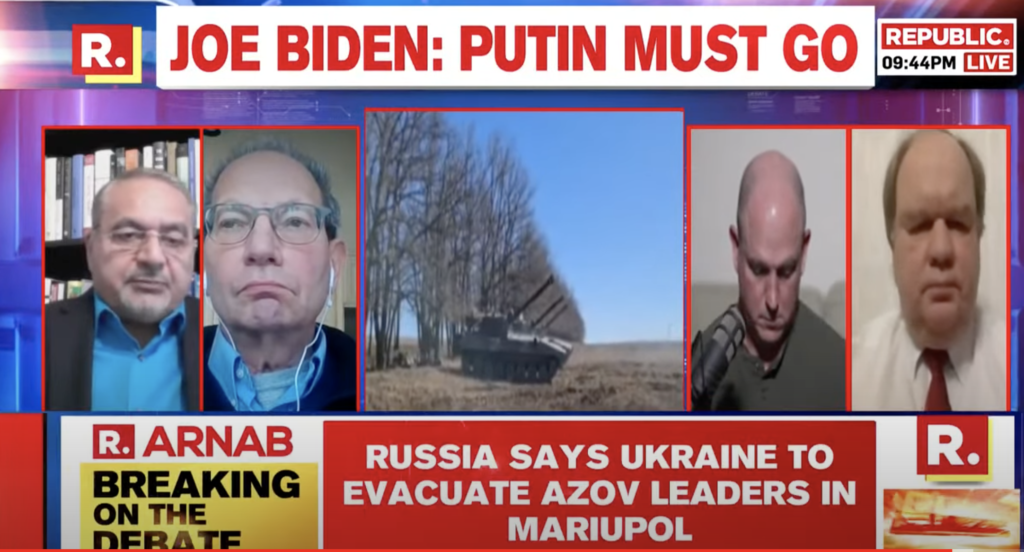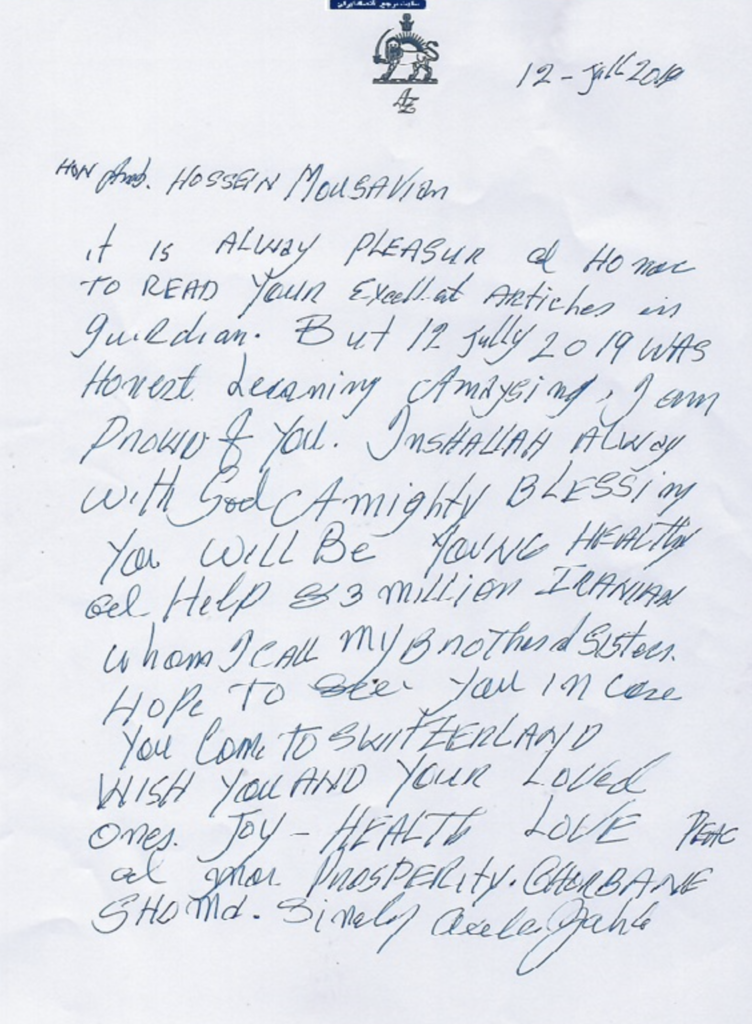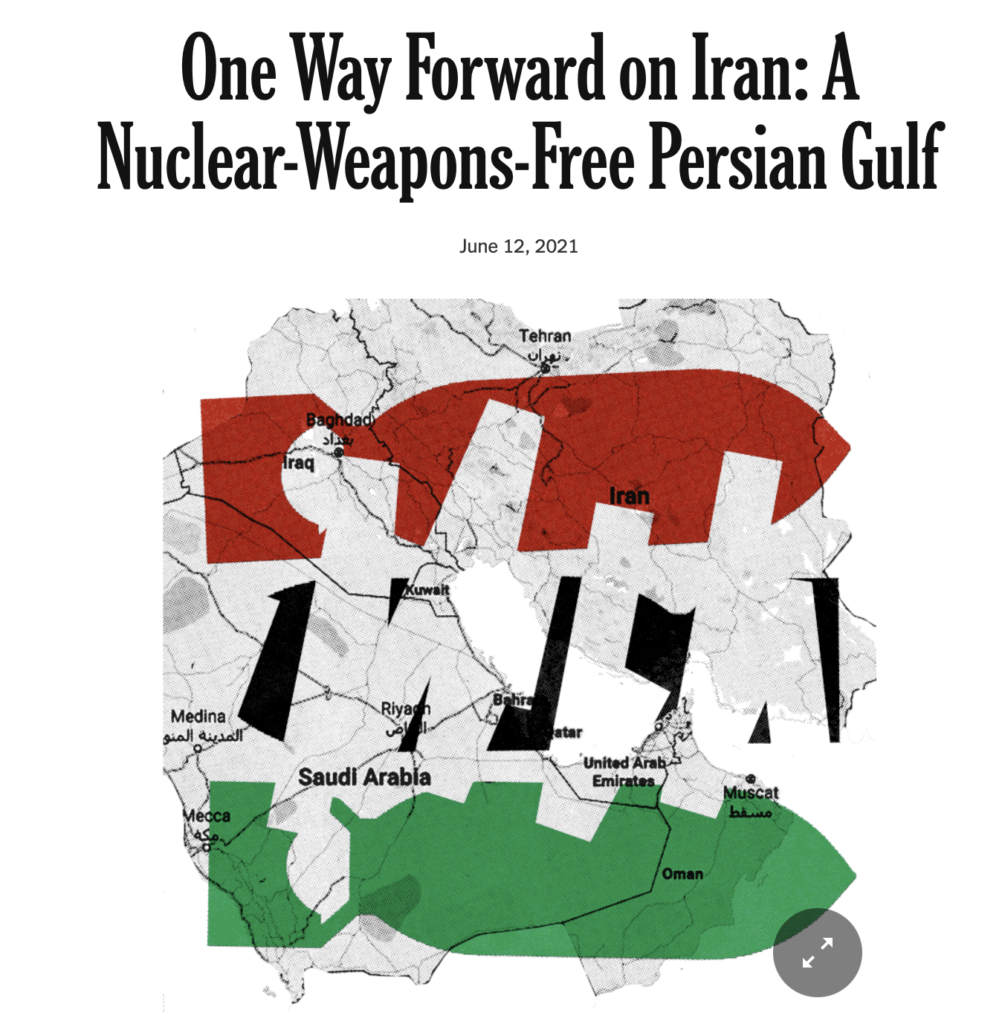The U.S. House of Representatives Committee on Education and the Workforce announced in mid-November it has launched an investigation into Seyed Hossein Mousavian, who has been a Middle East security and nuclear policy specialist with the School of Public and International Affairs’ (SPIA) Program on Science and Global Security since 2016 and was formerly a high-ranking diplomat in Iran.
Rep. Lisa McClain (R-Mich.) and Rep. Jim Banks (R-Ind.) spearheaded a letter sent to President Christopher Eisgruber ’83 and signed by 10 other Republican committee members — of 45 total members — which included a list of questions about Mousavian and his ties to Iran.
“Mousavian’s position on the faculty of Princeton for the past 15 years … raises significant concerns about the influence of foreign hostile regimes on American institutions,” the letter said.
The University declined to comment.
In emails to PAW, Mousavian denied that he has been acting on behalf of Iran while at Princeton: “Over the past two decades, as an academic, I’ve used every opportunity to propose peaceful solution to the Iranian nuclear crisis, and dialogue and engagement between Iran and the United States and with other countries such as Saudi Arabia. All my books, articles, speeches, and interviews during 13 years working at Princeton University are about peace, security, stability, and opposing wars and warmongering.”
Mousavian also emphasized his now contentious relationship with Iran, stating he has “not been able to go to Iran since June 2021 and I have not been engaged with any government including the government of Iran since the Iranian court convicted me in 2008,” following his arrest for espionage on behalf of Europeans.
Mousavian has claimed for years that the Iranian Intelligence Service planned to assassinate him in 1996. In 2022, he received an 11-month prison sentence from the Iranian Judiciary, which was one of the factors that prevented him from attending his father’s funeral, for his role in a 2000 real estate deal that went bad after a group of European investors Mousavian introduced to developers failed to comply with contractual commitments.
The committee’s letter asks whether Princeton consulted with U.S. government officials prior to Mousavian’s hiring and if Princeton is aware of any communications between Mousavian and Iranian officials. The committee also asked for a list of classes Mousavian has taught at Princeton, his salary, and if he has received any gifts or funding from foreign or domestic sources, among other things. The document references Xiyue Wang, who was imprisoned in Iran for three years while he was a Princeton doctoral student, and Elizabeth Tsurkov, who was abducted from Iraq in March, by asking if Mousavian made any efforts to free the two students.
In a recent interview with Iran International, Wang said that after his arrest, “I asked Princeton to ask Mousavian to help. And Mousavian decided not to do anything. When you have a person with that level of connections in your institution, you would expect he would act.”
“How can I help an American student arrested in Iran while I even cannot travel to Iran to attend my father’s funeral?” Mousavian asked PAW.
Mousavian has also been criticized by politicians and the news media in the past, most recently for attending the 2020 funeral of Qasem Soleimani, who was considered a terrorist by the United States and was assassinated by a U.S. airstrike during the Trump administration. Mousavian was in Iran at the time to visit his ailing mother, he said, and was interested in public reaction to the assassination. News reports at the time counted millions of mourners. Mousavian’s detractors also cite an interview with an Iranian television station following the event where some say Mousavian appeared to smile as he commented on the fears of an American envoy’s wife that her diplomat husband would be assassinated.
“I have always opposed assassinations and threats of assassination against both Iranian and U.S. nationals because it is against the UN Charter and a violation of international rules and regulations,” Mousavian said in his statement to PAW.
Mousavian was born in Iran, where he started his career as a journalist before turning to politics in the 1980s. From 1990 to 1997, he was Iran’s ambassador to Germany. According to his website, Mousavian helped to secure the release of German, American, and other hostages held in Lebanon in the 1990s and contributed “to the mediation of the largest-ever humanitarian exchange between Israel and Lebanese Hezbollah under Germany’s auspices” from 1995 to 1996.
Upon his return to Iran, Mousavian became head of the foreign relations committee of the National Security Council and “played a role in Iran’s cooperation with the U.S. in Afghanistan against Al Qaeda and the Taliban in 2001,” according to his website.
Mousavian was the chief spokesman for Iran’s nuclear negotiating team from 2003 to 2005, and then became both a foreign policy adviser to the secretary of the Supreme National Security Council and vice president of the Center for Strategic Research for International Affairs, before coming to Princeton in 2009.
The House letter stated: “In recent decades, Mousavian’s relationship with Iran became more complex and unclear.”
Mousavian told PAW he was one of the academics who “contributed as much as I could to resolve the Iranian nuclear crisis through diplomacy and preventing another war in the Middle East,” which culminated in the 2015 Iran nuclear deal. “That’s all and nothing more.”
According to Fox News Digital, McClain said, “Higher education has bowed down to the radical left and enemies of America for far too long, and the mere fact that a former member of the Iranian regime is given a platform at Princeton is proof.”
The letter requested a response within six weeks.
https://paw.princeton.edu/article/us-house-committee-investigating-spia-specialists-iranian-ties
